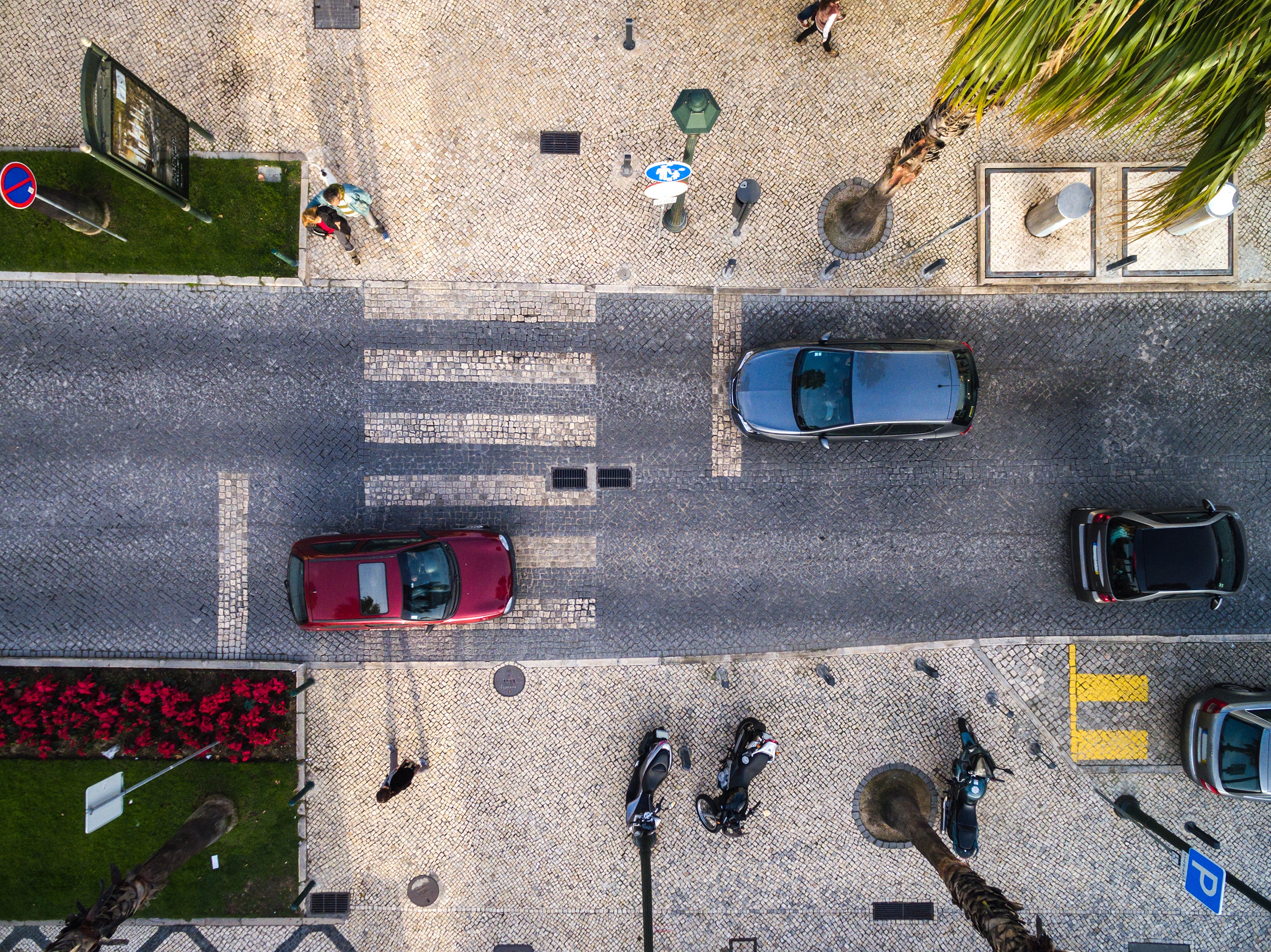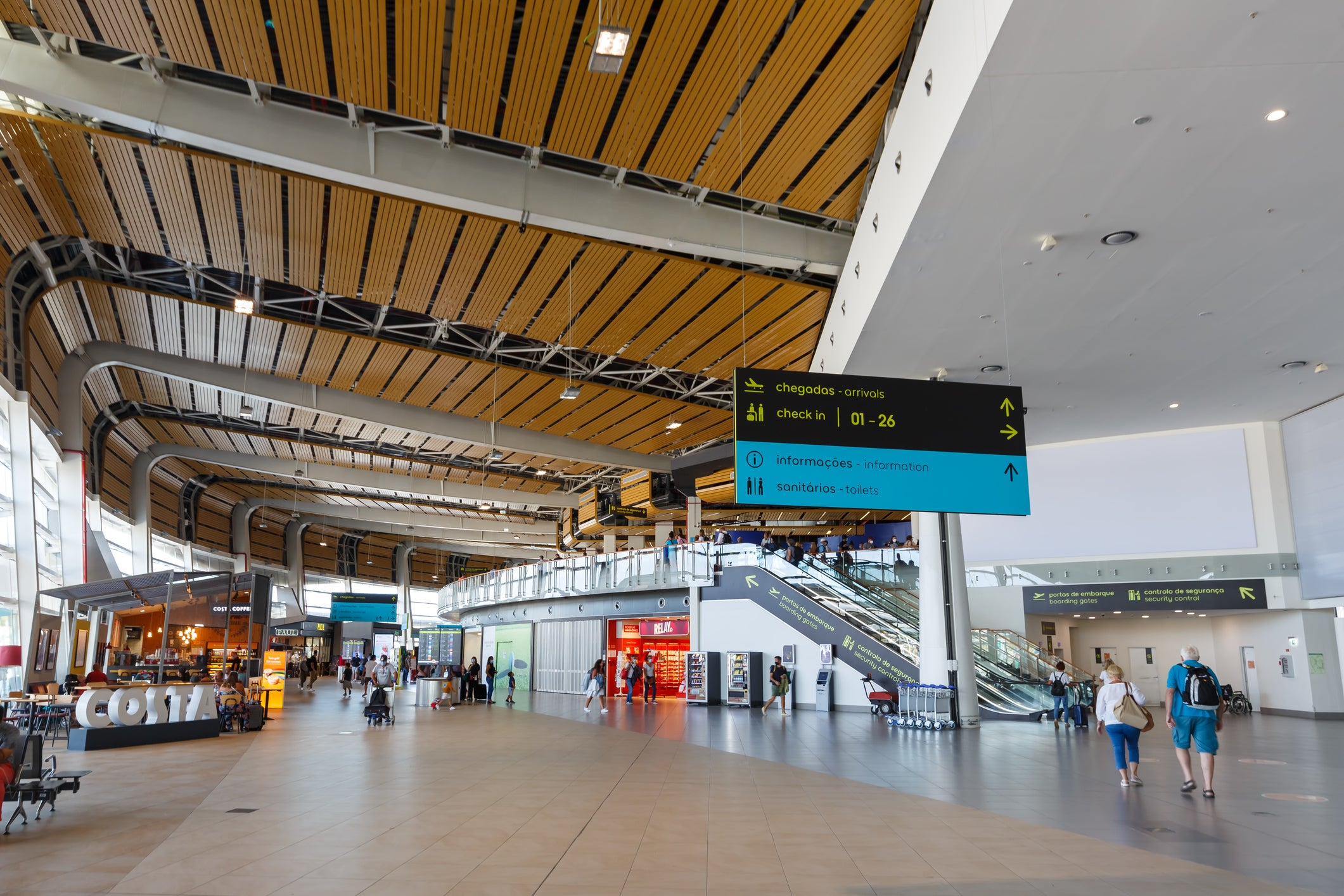What travel insurance companies offer the best Covid, and overall, coverage?
Simon Calder answers your questions on protecting your holiday, airlines’ fuel charges and renting a car in America


Q When you book Jet2 flights it recommends that you take out travel insurance at the time of booking. Do you agree with this, or is it OK to be taken out a few weeks before the holiday? It’s for a summer family trip to Spain and Italy.
Are there certain travel insurance companies that you would recommend, including those with good Covid cover?
Sam
A If you book a trip and you decide to take out travel insurance to cover it (which is generally a good idea) there is only one rational time to do so: at the same moment as you commit to the holiday. An insurance policy for a family of four will basically cost the same whether you take it out six months, six weeks or six hours before departure.
Part of the value of travel insurance is that you get cover for elements such as cancellation (on insurable grounds such as illness or injury) immediately. And sadly I have heard from too many people in the past who decide not to take out insurance at the time, and then are left unprotected when life takes an unexpected turn.
Holiday companies, travel agents and others will encourage you to take out their preferred policy – understandably, because they get commission on it. But it is generally better to shop around. I prefer travel specialists rather than general insurer: I happen to have an annual policy with Staysure and in the past have used Columbus and Insure and Go.
Covid cover is offered by a range of companies, and I look for the following:
- Cancellation if you (or a travelling companion) test positive within two weeks of the trip starting, including immediately before departure.
- Quarantine cover, including extending stay due to self-isolation – together with extra travel costs.
Since many good insurers have a tiered system (the higher the premium, the better the cover), study the level of protection that is best for you. And pick the company that provides what you need at the lowest price.

Q I’ve paid a deposit on a holiday with British Airways. If fuel or other surcharges increase before I pay the balance in full, can the airline pass on the rise to me? And would it make a difference if I had paid for my holiday in full?
Constance McK
A Your question takes me back to 2007-08, when the price of oil surged and many travel firms imposed surcharges on their customers. From a low of around 40 cents per US gallon in April 2020, the Gulf Coast jet kerosene spot price is currently around $2.73 (£2.01) – almost seven times higher. While many airlines have “hedged” some or all of their fuel needs, as these agreements unwind costs are set to increase.
Holiday companies are allowed to ask you for extra cash in some circumstances. Whether you have already paid in full or just a deposit, the rules governing surcharges are the same. Under the Package Travel Regulations 2018, companies that see their costs increase sharply are allowed to ask you to pay the difference.
Increases of less than 2 per cent must be absorbed by the travel provider (in any event, serious firms would not annoy their customers for a relatively small trifle). Firms that can demonstrate their costs have soared can ask for surcharges for whatever is the appropriate percentage. But for anything above 8 per cent, they must offer you the chance to cancel for a full refund instead.
Inevitably, perhaps, most surcharges turn out to be 8 per cent, though they cannot be applied in the last 20 days before departure.
Commendably, British Airways Holidays says the price you pay will not increase. BA Holidays does not state the right to surcharge in its terms and conditions, which means it cannot apply them.
Finally, in theory this cuts both ways: if a tour operator’s prices decrease then they need to refund you the appropriate amount. But I am unaware of such a thing ever happening.

Q We own a property in Florida and absolutely love going there. Our flights this year are comparable with previous years. However, the car hire is at least three times more expensive. I am unwilling to pay more than £1,200 for something that normally costs under £400. Do you foresee this changing in the near future?
LK
A The car rental industry in the US and elsewhere in the world was traumatised by the coronavirus pandemic. In March 2020 they had billions of dollars’ worth of shiny new vehicles that, very suddenly, almost no one wanted. Naturally, they responded by selling off cars in the tens of thousands, and stopped ordering new fleets.
When drivers started to return, a shortage of cars began to emerge. As in any part of the travel industry, if an asset is scarce and demand is strong, the most efficient (and profitable) way to allocate it is to put up prices. Inevitably, rates began to soar. Keeping fleets small ensures that rates stay high and rental companies are less exposed to further losses if there is another sudden slump in demand.
The travel market is naturally hyper-competitive, and in normal times the picture would improve from the customer’s point of view within a few months: companies would see the high yields being collected, and swiftly pile in with more capacity in the shape of additional cars to try to cash in. But you are probably aware of the semiconductor shortage in the automotive industry, which means that production lines are slower than normal.
Meanwhile, you could try what has been described as the “Airbnb of car rental”: Turo, which connects car owners with prospective renters. Right now I could pick up a 2018 Nissan Versa in Orlando for just $28 (£21) per day. Registering is easy, and the reports I have heard have generally been positive.

Q My flight from Faro to Leeds Bradford in December was initially delayed due to fog. After a few hours we were told that we had been transferred to a Manchester flight. This was also delayed, and we had to complete new passenger locator forms.
The board eventually showed the Leeds flight as cancelled. The Manchester flight eventually took off at 11.15pm. This was followed by a coach transfer to Leeds, which meant we arrived some 12 hours late.
There were no more than 25 passengers on the coach. So I wonder if the flight was cancelled and transferred to Manchester for financial reasons rather than because of adverse weather? And in these circumstances are passengers due any formal compensation?
“Stranded Steve”
A Sorry to hear about all this disruption. It must have been frustrating and exhausting. Whenever there is a substantial delay – or complete rearrangement, as happened to you – an airline is obliged to pay compensation unless it can demonstrate “extraordinary circumstances” were responsible for the disruption.
Given the weather picture, I imagine Jet2 will have a pretty solid defence, but it’s always worth asking. Just because there were apparently few passengers booked on the flight, it is not possible to conclude that the cancellation was on commercial grounds. During the coronavirus pandemic many airlines have proceeded with passenger loads way below normal.
Meanwhile, I trust you were provided with meals during your delay, as the law demands. I hope the same thing does not happen again, but just so you know: about 20 minutes’ walk from the passenger terminal at Faro airport is the beach, which has plenty of places to eat and drink in more pleasant surroundings.
Finally, you say you had to complete new passenger locator forms. I wonder who told you to do that? The law says you must complete the form within 48 hours of the scheduled departure time of your original flight.
If there is a delay (or, in your case, an effective rerouting) the same passenger locator form should suffice. I’m afraid that’s another 20 minutes of your life that you are not getting back.
Asked via the latest Ask Me Anything at Independent.co.uk
Email your questions to s@hols.tv or tweet @simoncalder






Join our commenting forum
Join thought-provoking conversations, follow other Independent readers and see their replies
Comments